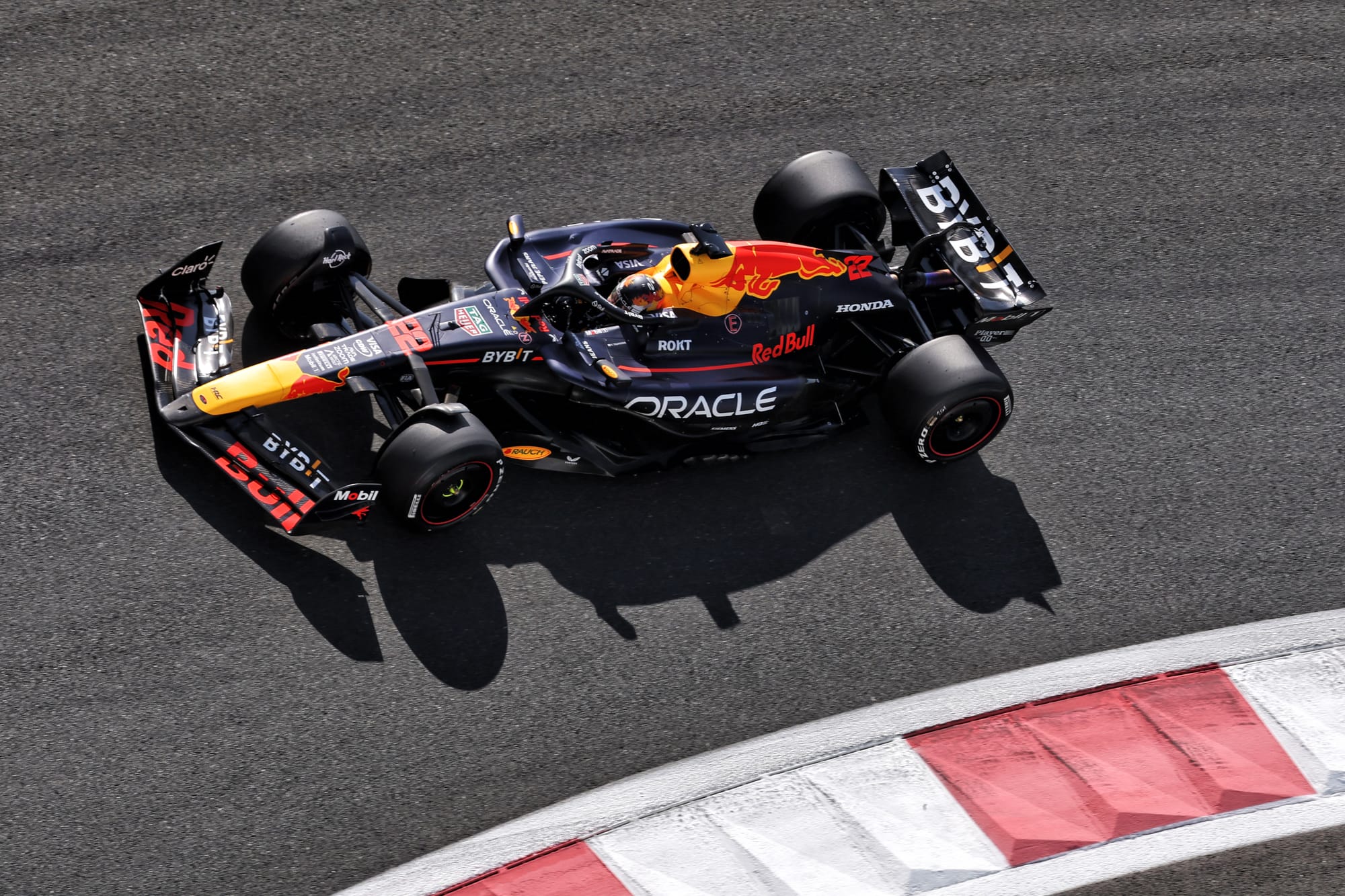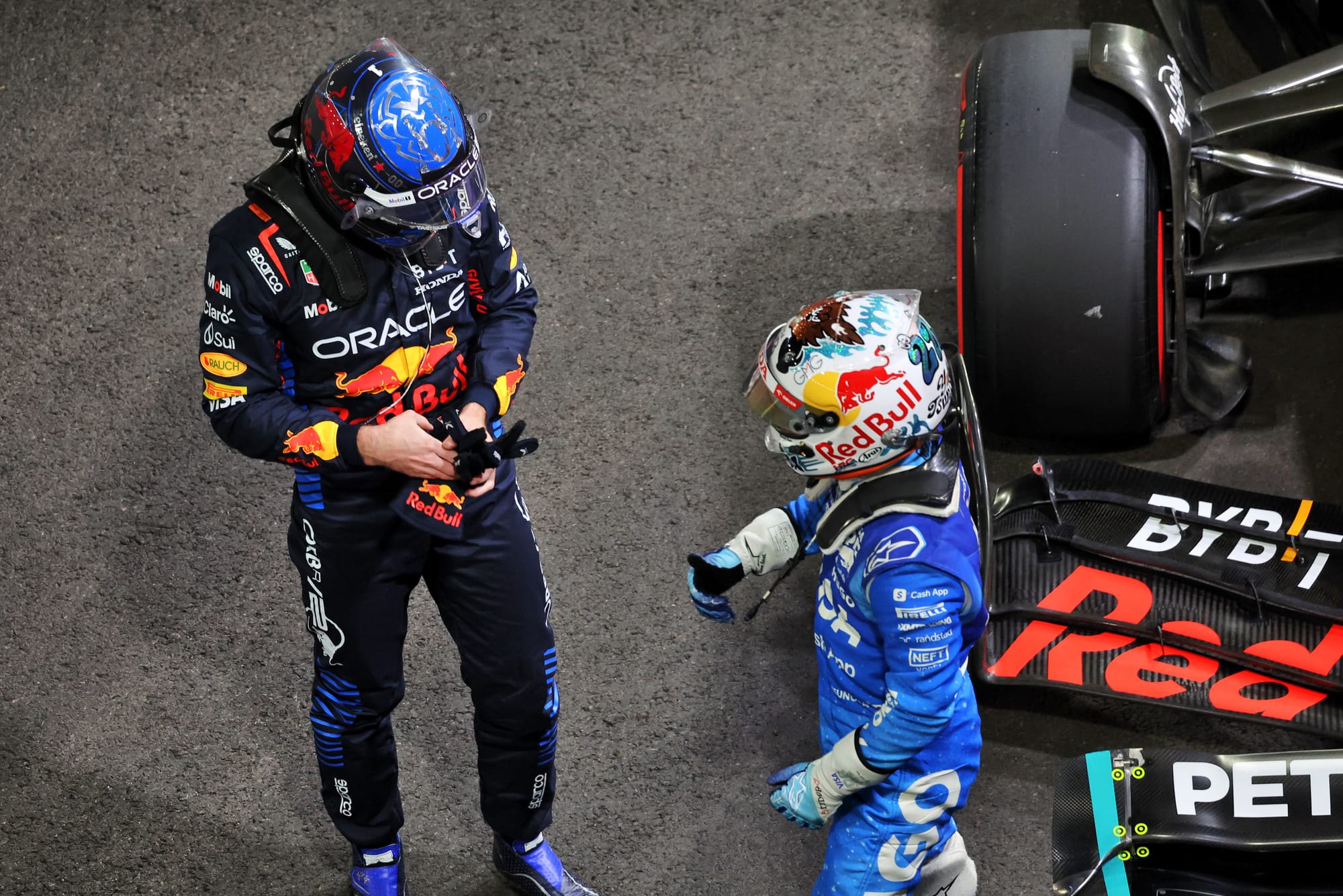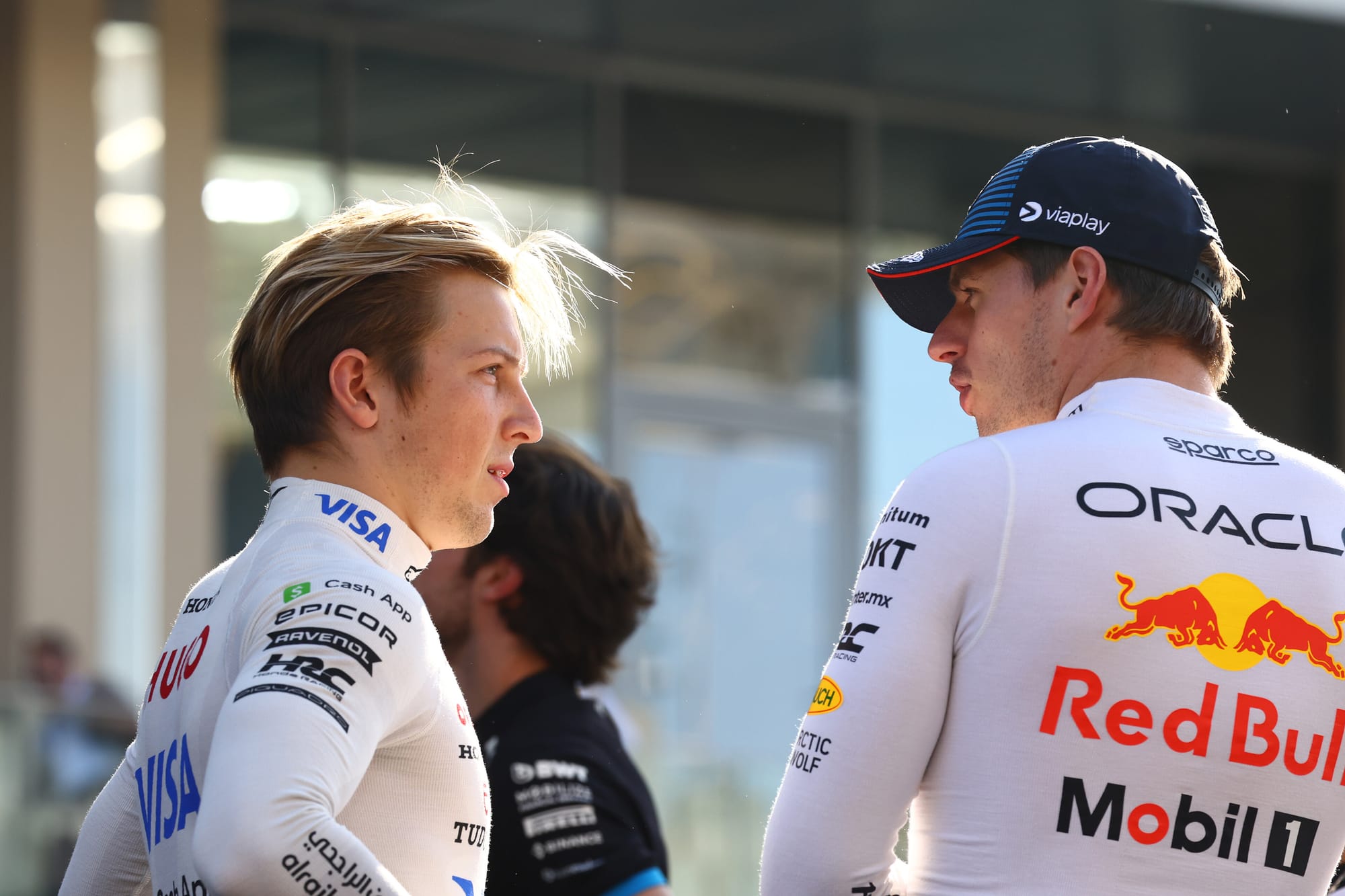

Red Bull has passed over its most logical, and potentially its best, option to partner Max Verstappen in Formula 1 next season.
Replacing Sergio Perez with Liam Lawson is an interesting choice that is also high risk. Starting with Yuki Tsunoda in 2025 would have made more sense: a gamble, perhaps, but one with a more proven upside.
Lawson is even less experienced than Alex Albon was when Albon stepped into the Red Bull in mid-2019. Red Bull's on the back foot after a tougher than expected 2024. Its rivals are circling and Verstappen cannot keep fighting them on his own.
Throwing Lawson in and expecting him to "deliver outstanding results" - Christian Horner's words, not mine - is a huge amount to ask. It is arguably more than Red Bull has ever asked of any junior in its history, including its greatest successes Verstappen and Sebastian Vettel, although Lawson has broader career experience and age on his side (ridiculous to say for a 22-year-old but such were the young starts of both Verstappen and Vettel).
There are two question marks over Lawson. Will he be fast enough to cope alongside Verstappen and score the results Red Bull needs? Given his inexperience, is he ready for such a huge responsibility, one that Red Bull openly calls a daunting task?
Tsunoda, by contrast, only has one real doubt attached to him: 'Can he handle being Verstappen's team-mate?'
Tsunoda has gradually ticked a lot of other boxes. He's been the fastest non-Verstappen Red Bull driver for the last two years. He's the most experienced now, too. His team could increasingly depend on him to get the most out of the car. And he's made gains with his emotional control and his technical feedback.
Laurent Mekies and Alan Permane, two of the most senior people at the Racing Bulls team Tsunoda must remain at in 2025, have both vouched for his progress this year.
Remember, these are two 'outsiders' brought into the wider Red Bull family for 2024. They were not influenced by internal preconceptions. They had some expectations of Tsunoda based on what they had seen from afar, then were pleasantly surprised by what they found - and further impressed by how Tsunoda continued to improve.
Just last week, when Tsunoda got what was widely considered to be (and has proven to be) a token test outing for Red Bull in Abu Dhabi, senior Red Bull Racing figures also spoke highly of the job Tsunoda did, and in specific areas like his technical feedback: another stick used to beat him with at times.

The point is this: what more can Tsunoda do without racing for the team?
The main concern remains an assumption that he will not be capable of being at his best alongside Verstappen, or will implode from the pressure.
But with four years experience, great speed, and a promising trajectory - why not try? Especially when the concerns over Lawson could be eased by a full season in F1 at Red Bull's second team, allowing a much greater sample set to evaluate his speed and capacity, building his experience and preparing him for the Red Bull seat in the future (which is the purpose the second team serves).

Putting Tsunoda in gets Red Bull the answer it needs on him. Putting Lawson in risks burning him before he ever realistically gets a chance to get going. So, Red Bull loses a lot more if the Lawson gambit fails. Whereas if Tsunoda started 2025, flopped, and Red Bull dropped him mid-season or at the end of the year: what's it really losing there given he's a driver they don't have faith in?
Especially as Lawson will be two or three times as experienced as he is now, so plugging him in then would be less of a risk.
The only argument against that is a rock-solid belief that Lawson is a potential megastar and therefore it is best to just put him in the car now, Verstappen-style, and let him learn and grow with the team.
But that can only be based on hope rather than expectation. Which isn't good enough for a team with ambitions to win both championships next year.
